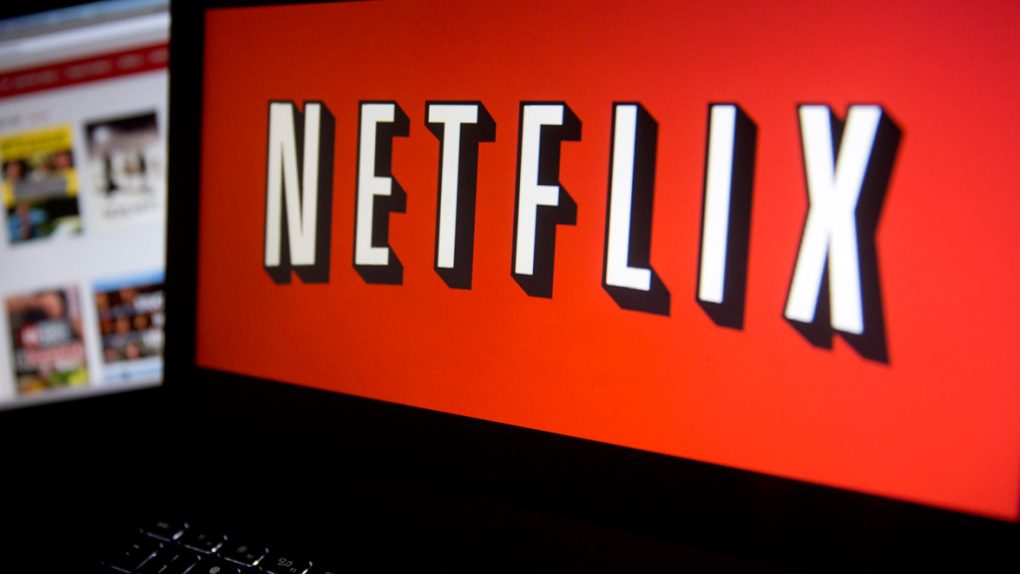Earlier this month, Jan Dawson of Techpinions articulated a few reasons why Apple acquiring Netflix would make a lot of strategic sense. On the whole, Dawson’s take is well-reasoned; Apple understands the “importance of strong content services” and currently has no unique video-based offerings of its own.
DON’T MISS: 20 apps you need to have on your iPhone home screen
With Apple’s plans for a TV subscription service now on hold due to pricing and bundling issues, snatching up Netflix, Dawson all but says, would instantly transform Apple into a major player in a burgeoning space that the company clearly wants to get in on. Just two days ago, for instance, we highlighted a rumor suggesting that Apple may be interested in acquiring Time Warner, a company with well-known media properties like HBO, TNT, CNN and more.
There’s no getting around the fact that multi-billion dollar acquisitions are incredibly intriguing and often create ripple effects that can permeate across entire industries. That notwithstanding, Apple acquiring Netflix, I feel, would in practice be a foolish move on Apple’s part. Put simply, the logistics and business just don’t add up. Dawson briefly touched on a few such examples in his original post, but we’ll go into even more detail here.
1. Netflix is expensive
With over $200 billion in the bank, Apple can certainly afford to buy Netflix, but just because Apple is able to doesn’t mean that it should. As it stands now, Netflix currently has a market cap that tends to hover in the 45 – $50 billion range. To put this figure into perspective, it would be far cheaper for Apple to acquire Tesla whose market cap is currently in the $27 billion range.
While bold acquisitions from left field are exciting, it’s important to remember that Apple is often incredibly frugal and cost-conscious. The company’s $3 billion acquisition of Beats is an outlier, and is in fact the only billion dollar purchase Apple has ever made.
I’m sure Apple would love to have Netflix under its umbrella, but the amount of money Apple would have to put up to acquire it just doesn’t make sense from a business perspective, which brings us to point number two.
2. Netflix isn’t exclusive to Apple
Apple’s business strategy is hardly a secret. The company develops best in class software to drive sales of high-margin hardware. Netflix, though, is platform agnostic, and any attempt to transform it into an Apple-only service would not only leave untold millions on the table, but would undoubtedly be met with a tidal wave of complaints and, one can safely bet, an unending stream of expletives as well. As a result, Apple would arguably have no choice but to keep Netflix available as a cross-platform service, not too different from what it’s currently doing with Apple Music. That being the case, would Apple seriously have any interest in supporting a massive and data-intensive service across platforms outside of its control? Doubtful.
More importantly, would Netflix under Tim Cook and Apple’s control generate enough profits as a global service to truly justify its high purchase price? Not quite, which brings us to point number three.
3. There’s no foreseeable return on investment with a Netflix acquisition
Netflix has a boatload of subscribers, about 70 million last time we checked. Going forward, this number is only bound to explode in light of Netflix’s expansion into 130 new countries.
But running Netflix is an expensive endeavor. Paying for licensing rights costs a lot of money. Developing and producing original content also costs a lot of money. Consumers may casually fire up Netflix and lazily browse around without realizing how much money goes into keeping Netflix brimming with compelling content. In fact, Netflix in 2016 is planning to spend $5 billion on content.
With operational costs running at full throttle, Netflix isn’t exactly the most profitable company on the planet. During the company’s most recent quarter, for example, the streaming video service posted revenue of $1.74 billion and profits of $74 million. In contrast, Apple during the same quarter posted revenue of $42.1 billion and a net profit of $8.5 billion. What Netflix delivered in profits over three months last quarter is equivalent to what Apple generates in profits every 18 hours.
Even if Netflix’s annual profits triple and eventually approach about $1 billion, paying $50 billion for a service that delivers 1/50th of that value makes no sense.
If Apple wants to house unique content in an effort to have its own revenue stream of video subscribers, you might naturally wonder if it would be cheaper for Apple to simply start producing its own content, which brings us to point number four.
4. It’d far cheaper for Apple to produce its own content
Apple producing its own content may seem far-fetched, but remember that it wasn’t all that long ago that Netflix was just a company that packaged and shipped DVDs via snail mail. In the content game, you just need to be able to pay to play, and fortunately for Apple, money is literally no object.
We covered this scenario before, but as a quick refresher, consider the development and production costs of these hit TV shows per season.
- Game of Thrones – $60 million
- Breaking Bad – $39 million
- House of Cards & Orange is the new Black – $100 million
- Homeland – $36 million
- Netflix version of Arrested Development – $45 million
- LOST- $100 million over the course of a 25 episode season
- Boardwalk Empire – $60 million
If Apple wanted to produce 7 high-caliber shows similar to the few listed above, it would only cost $440 million, mere chump change compared to what it would cost to acquire Netflix outright. Taking things further, developing 35 Apple originals, even if we aim on the high side, would still cost far less than $3 billion, the price Apple paid for Beats.








